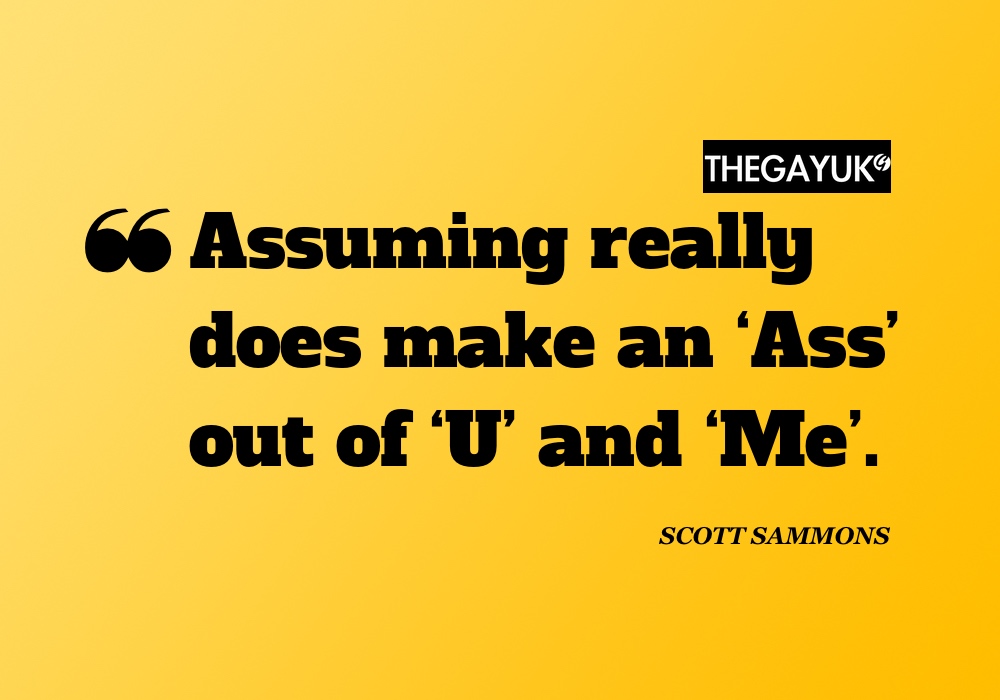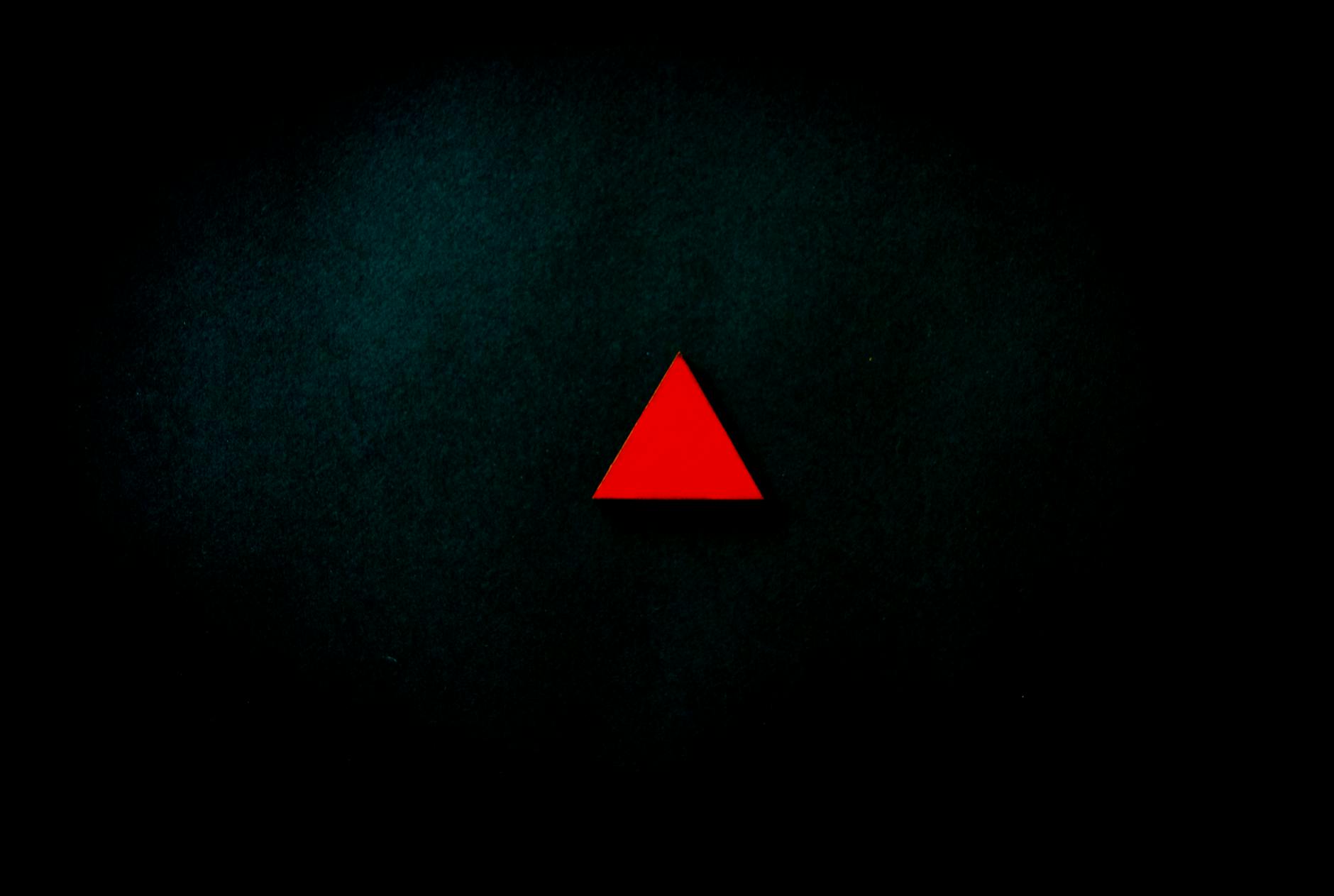One thing you may all of noticed in your lives is that when someone wrongs you (in whatever way) they aren’t shunned by their friends or family, they often carry on with their lives and, depending on the scenario, will continue to have people give testimony to what a ‘good person’ they are.
This, often but not always, seems to only add fuel to the fire and riles us up further as to how there is no justice in the world. I mean, how can this be so?
How can someone that has done something so despicable in your eyes that the world can see them still as the ‘good guy’?
Well, in short, that’s because the world varies rarely deals in absolutes, contrary to what many people today would have you believe. The world is various shades of grey and there isn’t a ‘universally agreed’ rule book on behaviour everyday behaviour. What you see as something despicable others may well not see as that bad. They may even see you as the villain and this other person the ‘hero’.
Anxiety, depression and general mental health struggles are a big problem in our modern-day society, therefore while this article can’t cure those things, I wanted to share with you a couple of survival tips I have learnt over the years through my experiences and my struggles with Depression.
Drama Triangle:
One of the most powerful things I learned was about the drama triangle. It is a model that most soaps and dramas are based on and is pretty much everywhere in social life – especially amongst the gay community!
The way it works is that in any given scenario there are always at least 3 ‘roles’. Person 1, from their point of view, may be claiming to be the ‘victim’. “This person is giving me a hard time at work” or something like that. Something is happening to them or has happened to them that they feel is ‘wrong’. To validate that belief, they will seek a witness (person 3). Someone who will be told their tale of woe and will be expected to give them sympathy and by doing so, validate their position as the victim and this other person (person 2) as the perpetrator.
At the very same time, the person being accused of being the perpetrator or ‘attacker’ of the victim (person 2) may also be feeling attacked by the person claiming to be victim, which may be why they have been defensive or stand-offish to the person 1. In their mind, the roles are very different from how person 1 sees it. To them, they are the victim, person 1 is perpetrator and person 3 is the witness given sympathy and validation (someone who could very well be the same exact person that was the witness to person 1).
This triangle is always chopping and changing as events and the ‘drama’ unfolds. And unfortunately, once you are in it, it is very difficult to get out of it.
This is why I have found, albeit extremely painful at times, it is best to always be on the lookout for this triangle in effect and to try and put yourself into the ‘adult’ or ‘observer’ category outside of the triangle and able to see each angle and element to draw your own conclusions (or not). It means you are also able to see that what someone may need is not a sympathy validation of being the victim, but instead an opportunity to break the cycle and take control of their own self-awareness and mental state.
Communication:
One of the biggest things I have found in all aspects of life is that communication is paramount and can be a tricky thing to master. I’ve witnessed relationships (any relationships not just romantic ones) completely fall apart because of too little communication, too much communication or over-engineered communication.
Too little communication is one of the biggest causes of issues. Things like “I assumed they wouldn’t mind”, or “I thought they might react badly, so I kept quiet” are just 2 views that you hear every time something goes wrong.

I’ve seen romantic relationships where they have mutually ‘agreed’ to be open, but that mutual agreement might exist in one person’s head, but not the other. One has one view of what that means and another view. Both come with their own sets of rules and are often worlds apart from each other. Whereas all it takes is a little courage to speak your mind on what the rules could be and mutually agree them have actually talked about them. We make such large decisions on the basis on assumption, are we really surprised when it then comes tumbling down? Assuming really does make an ‘Ass’ out of ‘U’ and ‘Me’.
On the flip side, of course, too much communication can be just as harmful. One example would be that we all look at the world around us and make unconscious judgments on what we see. We filter as to what is relevant to us at that moment and what isn’t. And seeing a beautiful face while walking and proceeding to spend 5 minutes talking about how that face made you feel may not be what your romantic partner wants to hear. You’ve assumed they would want to hear about it because you would want to and that could be how you communicate or did communicate with friends and previous lovers.
Cracking the communication nut is difficult but you can’t crack communication if you communicate nothing. So, talk to your loved one, friend, family member etc and see where it takes you. Even talk to someone you consider an enemy; you might find you learn something, and communication is restored (I refer you back to the drama triangle).
Self-awareness:
Self-awareness is a great and useful thing, but it is also extremely dangerous and is not to be confused with things like body dysmorphia or a form of anxiety that makes you overly aware and critical of your actions.
Self-awareness, from my experience, is about being able to not only be aware of yourself but also to be aware of what is going on around you and your influence and impact over it.
I’ve learnt to ask why someone does what they do. What have you ‘come for me’ or ‘betrayed me’ or whatever it might be? Is it something I have done? could it be something I didn’t do? Is my action or lack of action right now having a positive or negative effect?
If someone has walked a path I wouldn’t dream of walking, then there is something going on that I don’t know about. Genuinely ‘evil’ people are rare, and certainly not a common as the press and social media would like you to believe. People, instead, do the best they can with what they have around them at the time. The decisions they make, although questionable to outsiders, at that moment and given the choices they had, may have been the most logical or ‘best’ to them, their values and their view of the world.
That’s something I have struggled to come to terms with and it has taken me a few years to accept it. It is a challenging thing to accept but once you start living it and making part of how you think, you learn to see the world from a far bigger picture.
I don’t claim to be an expert on social interaction, far from it, I’ve had my fair share of mistakes, attacks and ‘dramas’ and some of that will never change. But what has changed in recent years is how I respond to them. How I chose to take part in the drama triangle or how I chose not to, let the emotion go and try, instead, to do the right thing for me. Which is what any of us can do.
If you want to learn more about how to communicate and increase your self-awareness, I am a firm believer in Neuro-Linguistic Programming (NLP). You can find details from the Association
of NLP including any local practitioners and local groups that can help you.
Find UK-Based gay and LGBTQ+ Therapists here
Opinions expressed in this article may not reflect those of THEGAYUK, its management or editorial teams. If you'd like to comment or write a comment, opinion or blog piece, please click here.



